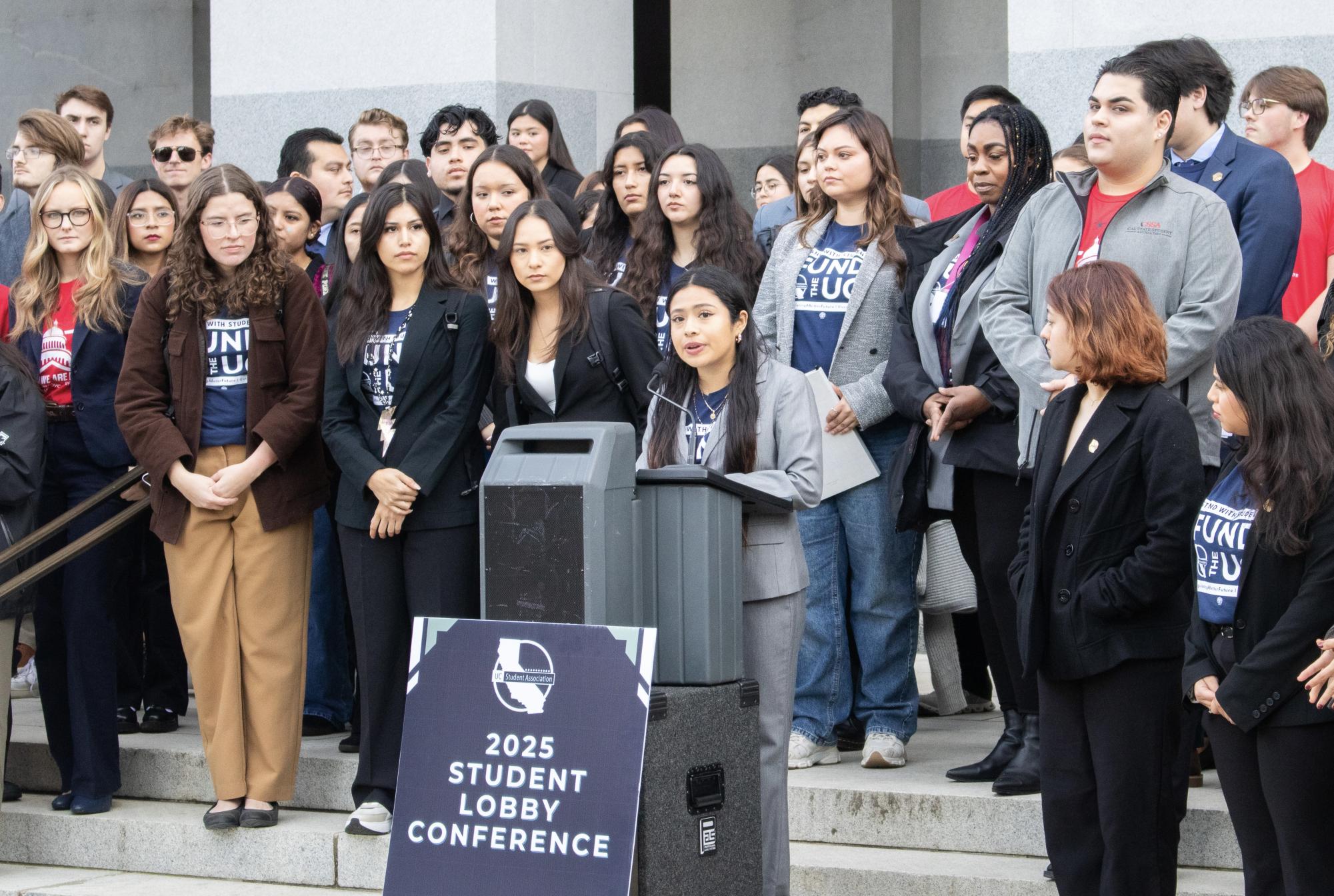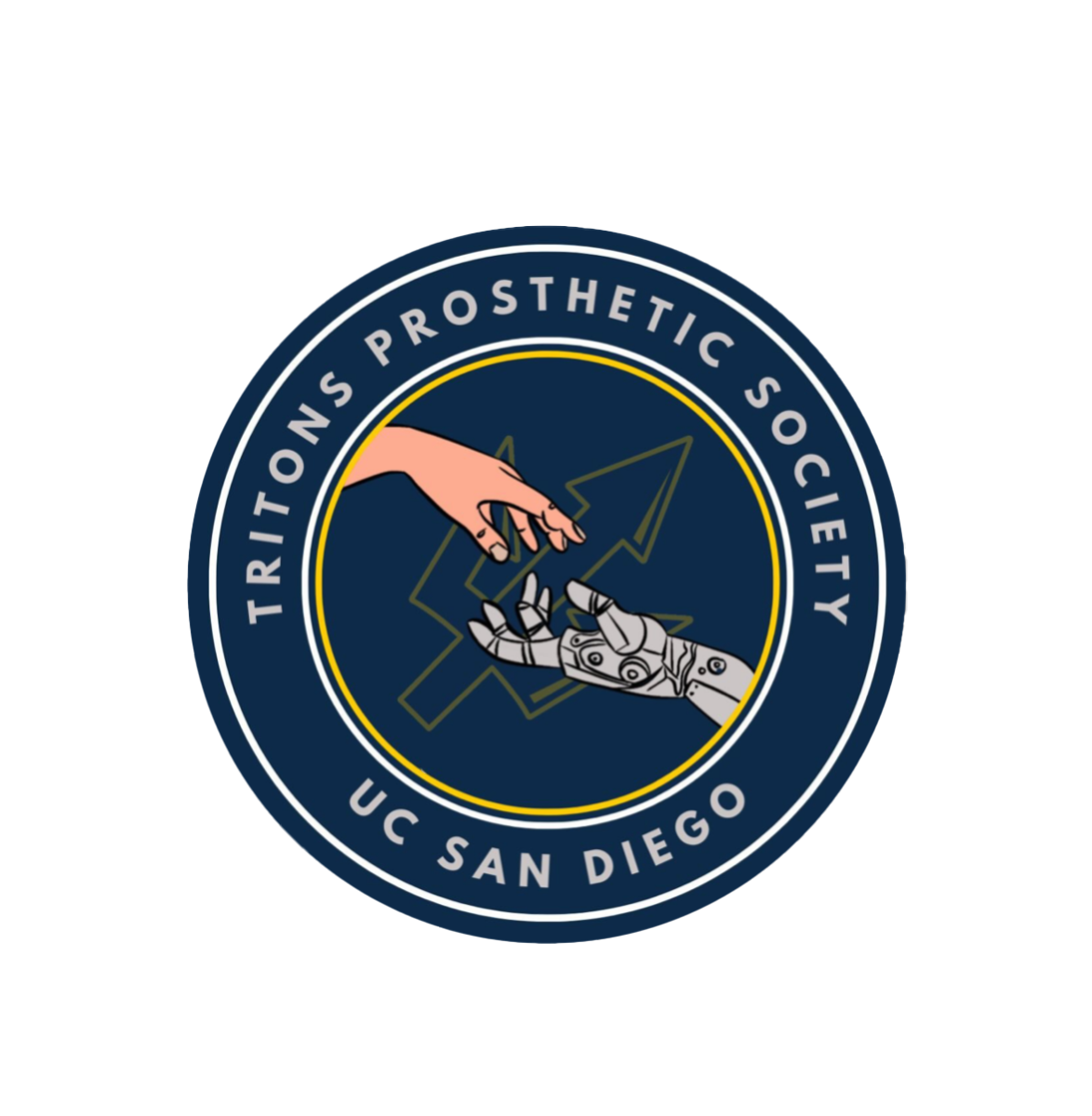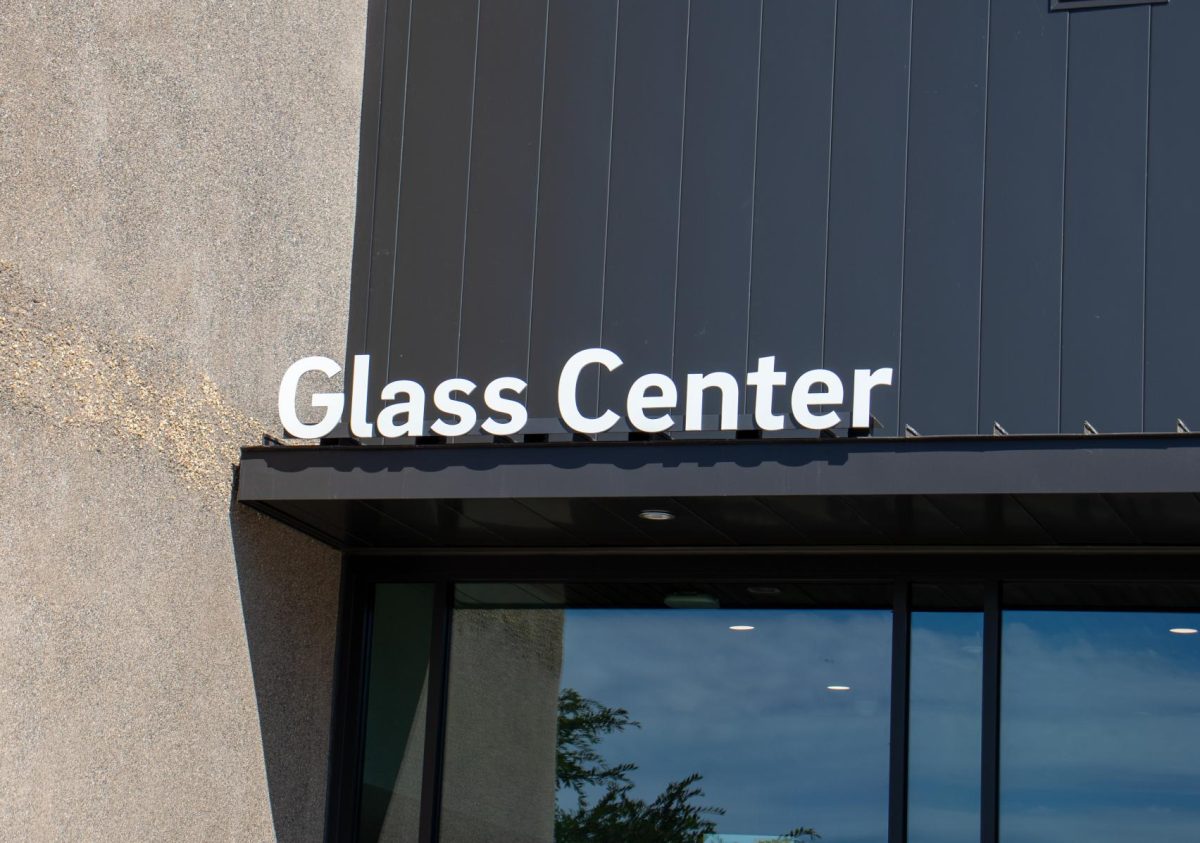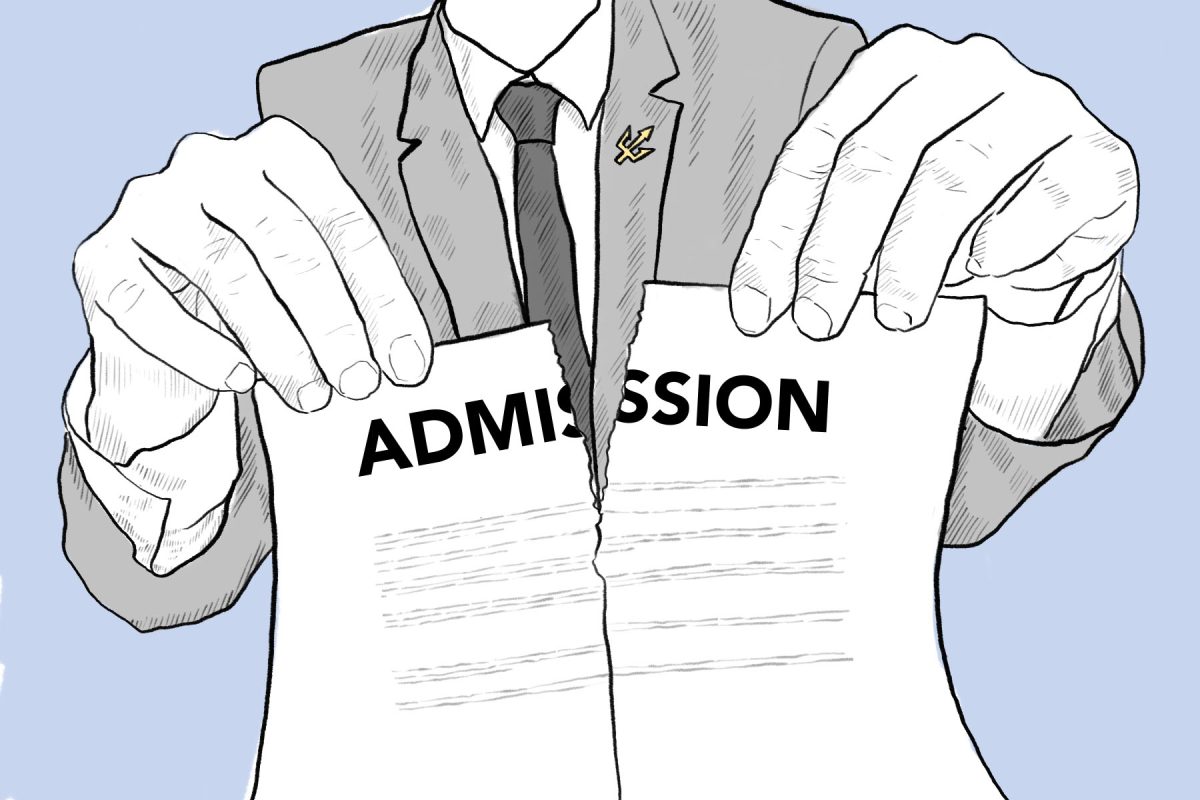“The powers that be should be afraid that you all are here,” Christopher Nellum, executive director of EdTrust-West, an education advocacy organization in California, told 216 University of California students at UC Davis on Saturday, March 8.
Nellum addressed the group at the UC Student Association’s annual Student Lobby Conference, where students spent a weekend learning about legislative issues and lobbying techniques, before meeting with politicians at the California state Capitol in Sacramento on Monday. Some students drove for hours to attend the conference, some flew across the state, and most had final exams rapidly approaching. All were there because of their passion for California politics and policy, and by virtue of being UC students, they are all part of the UCSA.
Established in 1971, the UCSA is a student-run, UC-wide organization that advocates for legislation benefiting higher education in California. The organization hosts four conferences every year and encourages all UC students to attend, learn about political organizing, and lobby politicians for bills affecting the UC.
In previous years, the UCSA has helped pass legislation such as Prop 47, SB-967, and AB-218 and contributed to UC-wide divestment from the fossil fuel industry. This time around, the group’s asks were to pass legislative bills which primarily fell under the five campaigns it was promoting this year: Racial Justice Now, which combats racial inequality in education and incarceration; UCweVote, which seeks to increase voter education and turnout on UC campuses; ACQUIRE, which looks to improve holistic student resources for things like health services, academic accommodations, and safety from violence; Students Enacting Environmental Defense, which promotes advocacy for Indigenous-inclusive environmental justice; and Fund the UC, which advocates for high-quality and affordable UC education. Fund the UC is the UCSA’s primary focus this year, given the current statewide budget cuts to higher education.
Throughout their weekend at UC Davis, students heard from panels of California state politicians and other UCSA alumni, participated in workshops, and attended lobbying trainings, all in preparation to lobby politicians on Monday.
Nellum, the conference’s opening keynote speaker, addressed the student body on Saturday morning to discuss the profound legislative impacts that student organizers have had throughout history, from the Civil Rights Movement to last year’s nationwide campus protests in support of Palestine. In each case, he emphasized, individuals across campuses and backgrounds worked together to improve the lives of students nationwide.
“Students often understand and exemplify the fact that we know that our fates are tied, and we have seen this time and time again,” Nellum said. “It isn’t good enough [for the UC] to be the leading university in California if they’re not going to do right by their students.”
Judith Gutierrez, director of communications for State Assemblymember Jesse Gabriel, discussed her experience as former president of the UCSA student board in a UC alumni panel on Sunday. Gutierrez shared that, in her political career, she still utilizes the skills she built at the SLCs she participated in as an undergraduate student.
“Right before our lobby day, we were told to research the members we were meeting with, look at their Twitter accounts, everything they care about down to where they went to high school,” she said. “And to this day, now I look for those similarities and things I can connect on with members.”
The conference’s twice-daily workshops informed students on pertinent legislative topics and fostered conversations on justice and advocacy infrastructure on their campuses. Students like Jayla Pete, a second-year UC Irvine student and Indigenous identity commissioner for UC Irvine’s Associated Students, shared how their identities and experiences informed their perspective on state policy decisions. Pete attended the SLC primarily to advocate for SB-4, which aims to establish a Missing and Murdered Indigenous Persons Justice Program in the Department of Justice.
“As an Indigenous student, I feel extremely underrepresented in UCI but also UCSA, and I wanted to have this chance to advocate for my community and bring up these issues,” Pete said. “I feel personally that within UC spaces … Indigenous people and Black people tend to advocate for other communities, but no one ever advocates for them. Really, the only person that can advocate for my community is myself and my community members. That’s why I attended this conference.”
Metzli Perez, a second-year UC Santa Barbara student and statewide policy analyst for the UCSA, spoke about the opportunities these conferences have provided.
“I’m a first-generation student; I’m Latina; I’m low-income,” Perez said. “I would’ve never thought it would be possible for me to come to the Capitol in general, and having the opportunity to do so as a student has been really important to me. My first experience lobbying opened up a bunch of doors for me, and I’ve been able to get more involved on my campus, so it’s been very impactful for me.”
For Rohan Vig, a second-year student at UC Riverside, one of the most beneficial parts of the conference was its emphasis on interpersonal relationships. “Everyone says that networking is everything, but they really emphasized getting to know people,” he said. “I think it was Judith who said this in her presentation; she said, ‘It’s not about who you know, it’s who knows you.’”
Students like Pete, Perez, and Vig left the Capitol on Monday equipped with knowledge and experience that will serve them for the rest of their careers — both in politics and in day-to-day life. Any UC student is welcome to be involved in the UCSA and attend upcoming conferences, such as this summer’s Student Organizing Summit. In helping determine UCSA’s legislative priorities for coming years, attendees have the opportunity to build political knowledge and experience in a supportive and impactful space.
California’s Chief Service Officer Josh Fryday reminded students of the lasting change they can make, at future conferences and at their home campuses.
“I hope your journey doesn’t end on Monday after you leave Sacramento and you say, ‘Alright, I did it, my job’s done.’ That’s not how democracy works,” Fryday said. “My advice is, if you find small ways in your community … you’ll see that you will make a difference and you will change things. … If you serve in your community, you can start the ripple effects that then lead to national change.”








